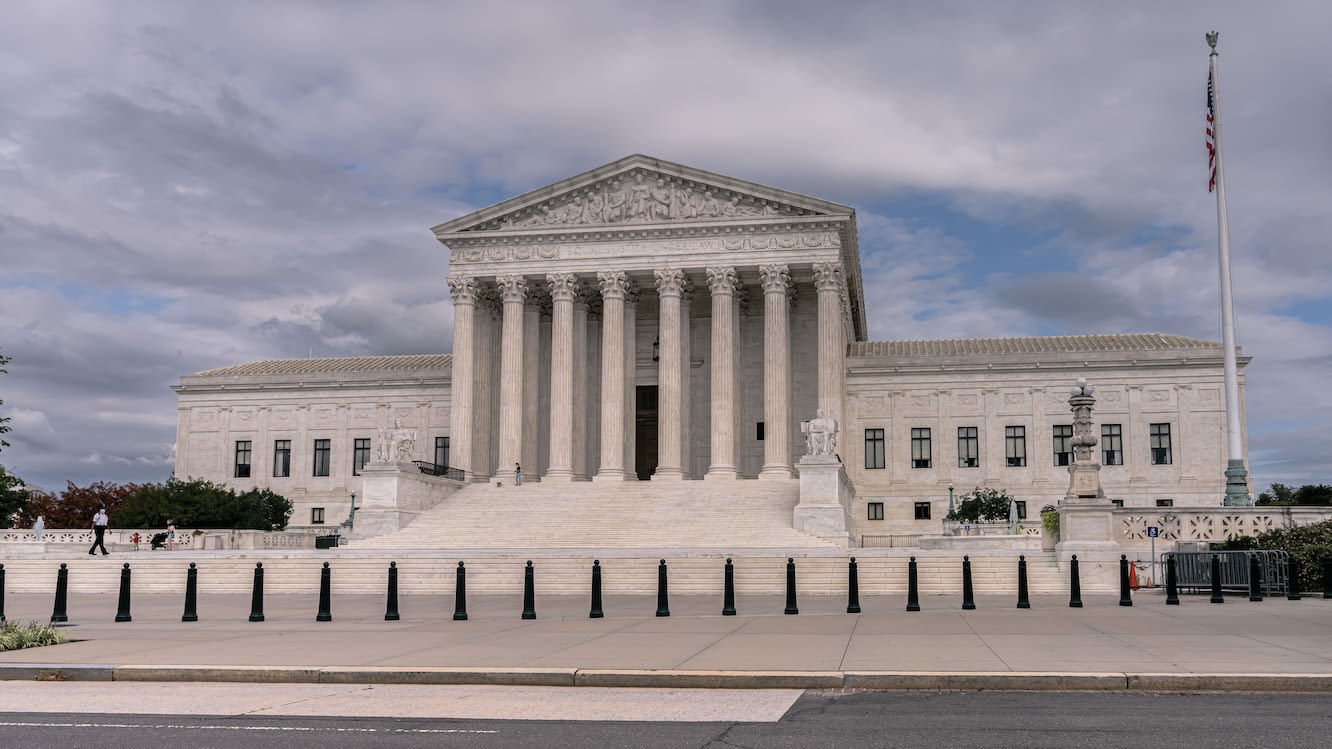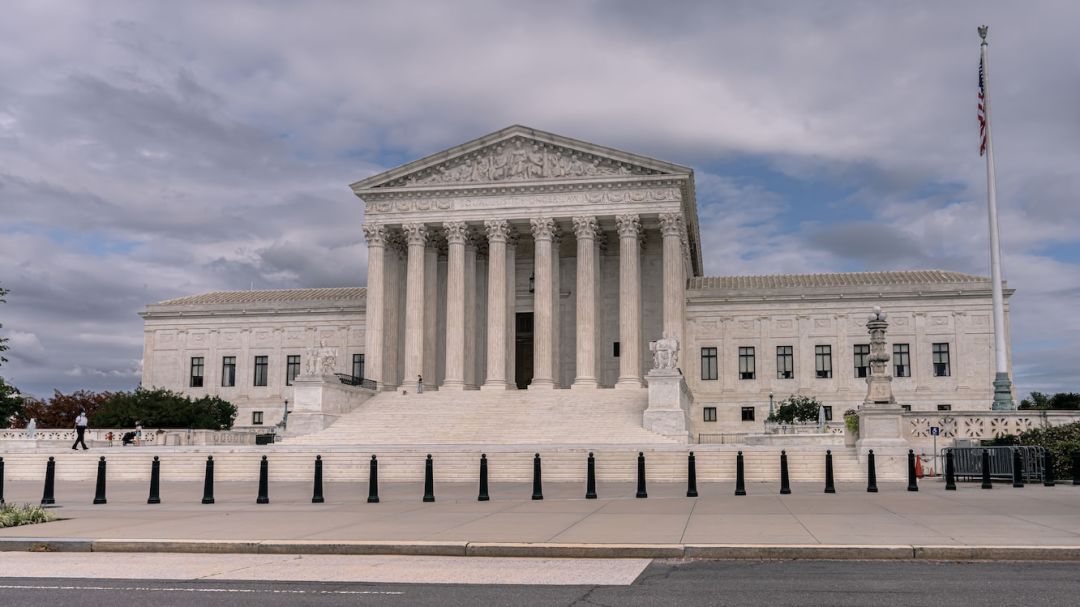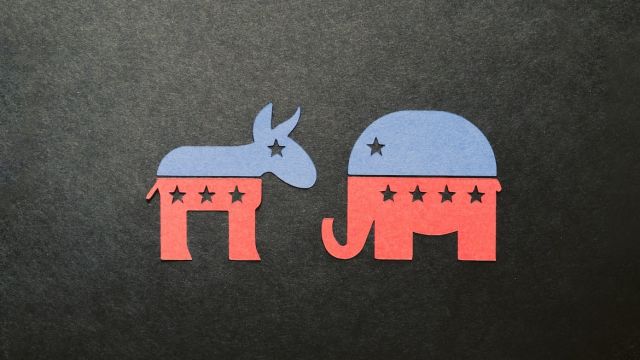As a follow up to my recent post on whether affirmative action is helping, I believe that the arguments before the Supreme Court missed a crucial aspect of admissions to colleges. Colleges and universities are not just about academics. If they were, then race would and should not be a factor. However, going to a college or university is also about life and living in a multi-cultural world.
If going to college was strictly about class attendance, teaching, testing and grades, with no requirements for social interaction (all done virtually or a commuter college), there would be no need to include any factors other than how many slots are available, and who has the highest grades and scores to fill those slots.
Alas, that is not what college is about. When I went to college for undergraduate study, I went to SUNY Plattsburgh, and I lived on campus. I interacted with other students, teachers, faculty, and town residents. I lived there and it was my community while I was there. I went out to eat, went to bars, went to other towns in the area, practiced my religion, participated in activities on and off campus outside of academic learning. These are things that we do outside of work or school and do all of our lives.
I met a lot of different people. I got to know some international students, talking to them about where they were from, their lives at home, culture, etc. In my sophomore year, one of my roommates was from Trinidad. He showed me how he pitched for playing cricket, using a tennis ball. It was fast.
He was a Black person. Never did I consider that in any aspect of him being my roommate. He was just a nice guy I lived with for the semester. Frankly, my first-year roommate was less friendly, and we did not really connect at all. And he was White.
The point is, that when someone can add to the overall experience of college, all factors should be considered, and race may and probably should be one of those factors. Without it, admission slots would be filled by too many academics and not enough life.
Afterall, college education is not taught in a vacuum. We should support a diverse admissions policy where academics is first, but not the only consideration.
The attorneys for the colleges in their oral arguments seem to miss that aspect.








